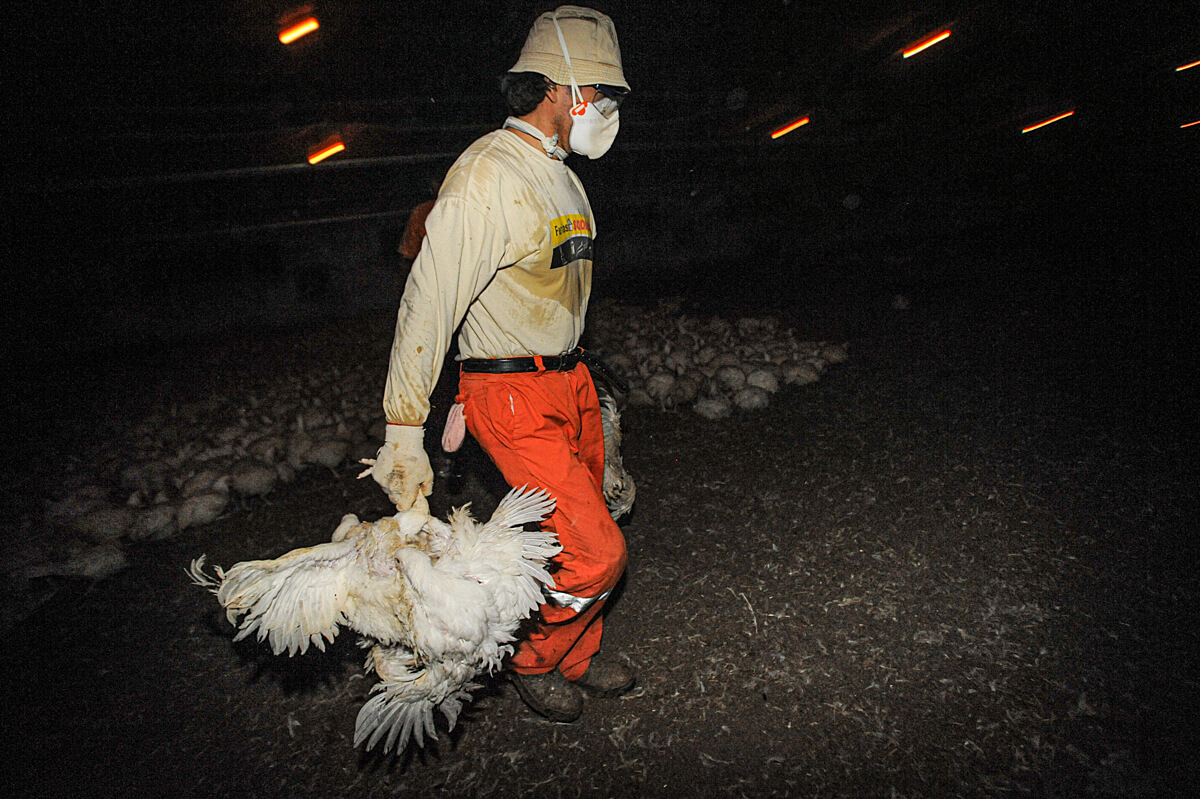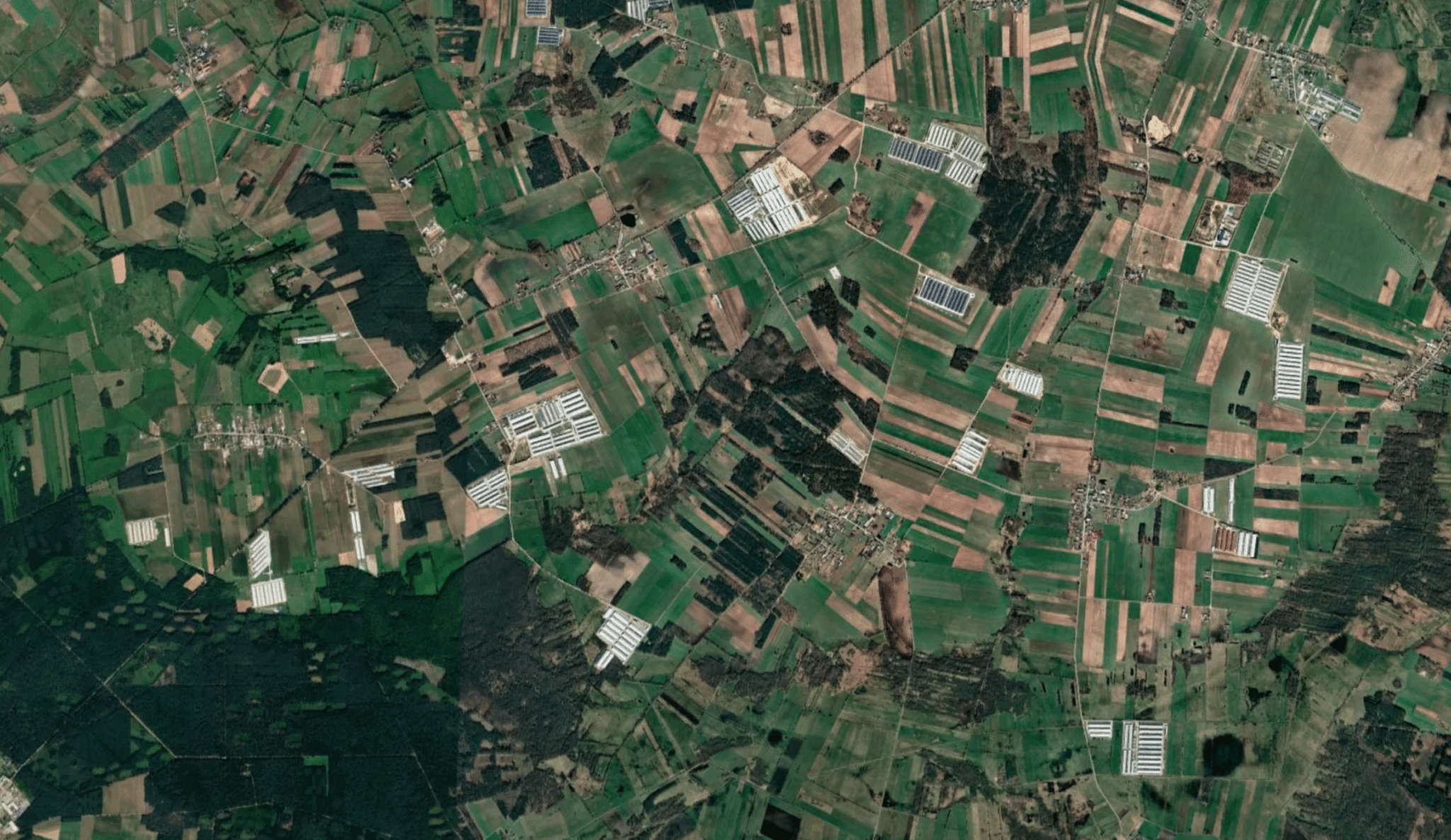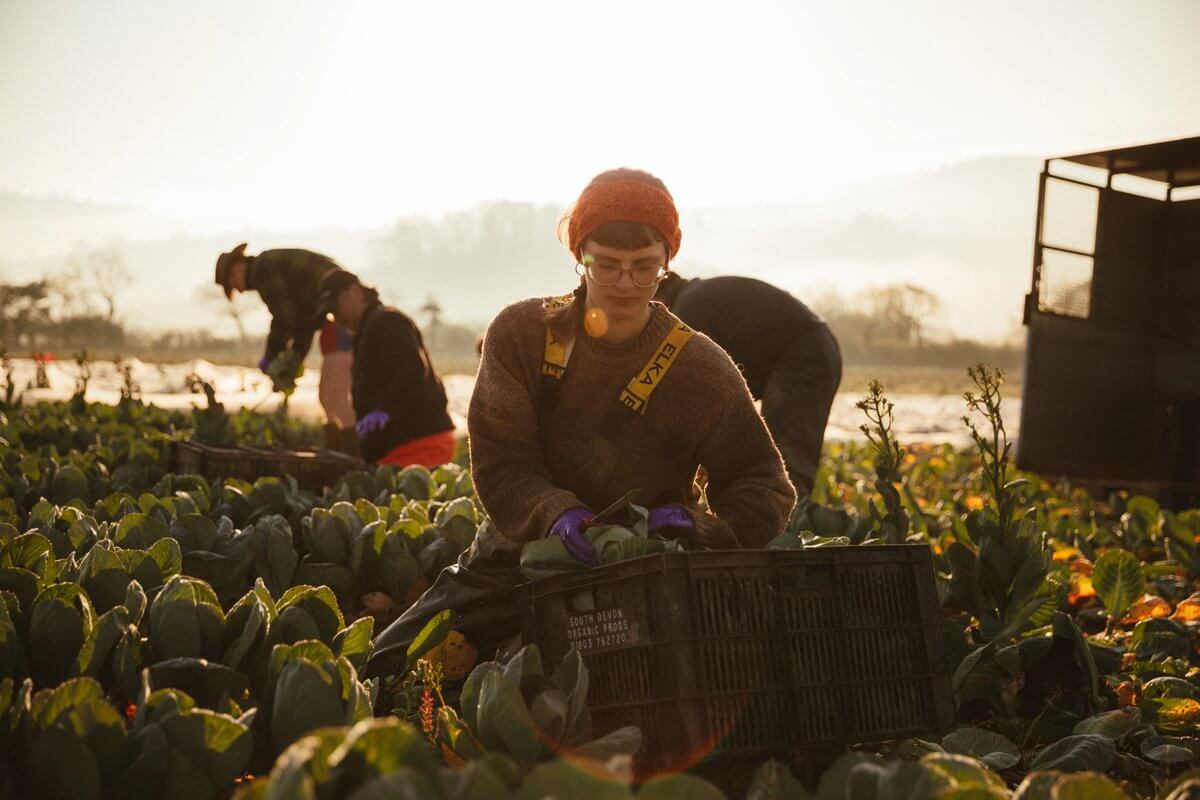Almost a quarter of dairy farmers are “unsure” if they will continue producing milk after 2025 due to low prices not covering their costs and meaning they are unable to invest in the future.
The survey of 600 farmers, by the NFU, found nine per cent of farmers said they are “likely” to stop producing milk by 2025, while 23 per cent said they are “unsure” if they will continue.
NFU dairy board chair Michael Oakes said: “It’s clear that significant inflationary pressures combined with below cost of production prices are continuing to put the resilience of British dairy farming businesses under threat. We are now facing a crisis of confidence among Britain’s dairy farmers.”
It comes as the government has begun a series of supply chain reviews across several farming sectors, including dairy, to assess future viability, fairness and security. Farmers in the UK have faced unprecedented increases in the cost of energy and other farm inputs, alongside flat returns from processors or supermarkets, which have forced many, including in apples, berries, eggs and dairy, to begin giving up.
Last month, the government announced that under a new Dairy Code of Conduct, new regulations will mean farmers will be able to challenge prices and more easily raise concerns with supply contracts, helping ensure they receive a fair price.
Responding to the announcement, executive director of the Food Ethics Council, Dan Crossley, said: “At a time when so many farmers are leaving the dairy sector, we welcome further details being announced about supply chain regulation. We and many others have been calling for a robust, properly enforced dairy code of conduct.
“We urge the UK government to step up the urgency in bringing in this code. How many more examples of unfair dealings and power abuses will there be, and how many more dairy farmers will have gone out of business, by the time this regulation is fully introduced?”
In Wales, organic dairy farmers are being simultaneously hit by a withdrawal of government funding, which they say will lead to the collapse of many small scale organic dairy farms. Funding for organic farmers in Wales will end in 2024, with no direct replacement under the the new post-Brexit agri-environment schemes, which are open to any farmer.
Welsh organic dairy farmer and chief executive of the Sustainable Food Trust, Patrick Holden, said: “As one of Wales’s longest established organic farmers, having just celebrated our 50th anniversary of farming using organic principles and practices, I believe that the decision to withdraw support payments will inflict long-term damage, not just on the organic sector but on Welsh agricultural community as a whole.
“This decision may represent the final straw for a number of small family dairy farms.”
For more on fairness and the impact on dairy, look out for the next print issue of Wicked Leeks, out 28 August.













Over the last 20 years as Chartered Structural Engineers in Somerset we’ve written countless reports on barns for conversion to residential accommodation. Most had been small dairy farms. All are now homes or holiday accommodation.
The dairy industry unfortunately causes so many animals to lead short brutal lives, maybe it’s time to let it go as unviable, support farms to change where possible, promote oats and oat milk?
Small is not necessarily good in terms of animal welfare
I was on a smallish uk dairy farm recently, many very young calves were lined up on a concrete yard, in tiny plastic pods with small mesh runs attached. They could just about see each other but had no physical contact with each other and no mothers present. They were achingly young and apathetic and it was awful to see.
This is a legal way to house calves in 2023 when we are well aware of their sentience and need for their mothers and interaction with others? It was frankly appalling. Also it was a blisteringly hot summers day and they had absolutely no shade over than a boiling hot white plastic? pod on hot concrete.
This industry needs total revision and regulation/inspection if it survives, in my opinion.
Excellent – there’s plenty of information on how they can transition to plant-based farming rather than wilfully commodifying the mammalian secretions of another species. So many other options now if one wishes to replace cows’ milk which is intended for their calves, all with less environmental impact.
I totally agree with Zippythepotter. The suffering in the dairy industry is unacceptable, even on organic farms, calves are still separated from their mothers and cows are forced to produce too much milk and live shorter lives than they should. We need to start thinking, in any dealings with sentient creatures – would I want this done to me, how would I feel? I am so saddened that we humans still treat animals in the ways we do and that it is legal and generally accepted by the public, who I think, if they saw with their own eyes what happens to these creatures, could not endorse it. I am aware there are some very small places where the calf is allowed to stay with the mother and milk is taken on a very small scale. Not lucrative, but probably much more acceptable. We have to find and invest in alternatives.
Of course, it would be terrible if organic dairy farmers started producing intensively. I hope they do not do this.
There is no kind way to produce milk. Even in organic systems, it necessitates the removal of the young animal (be it cows, sheep or goats) from its mother, in order that we can have their milk. The forced separation is distressing for the mother and her offspring and the male babies are often surplus to requirements and killed shortly after birth. The cow is then forcibly impregnated to start the whole sad cycle again. Producing far more milk than would naturally be the case and having to carry a calf for 9 months every year, often leads to significant health problems. By 5 or 6 years old, the average dairy cow is exhausted and having outlived her usefulness, is slaughtered. She could otherwise live into her twenties. Why do we think it’s OK to inflict so much suffering for a product we don’t actually need?!
And yet Riverford still insist on classifying dairy products as ‘Essentials’; they are not!
Well said Denion and very good point at the end. I have a lot of respect for what Riverford does, but milk is certainly not essential. I wish they did not sell any diary or meat products. In my opinion it would enhance their reputation considerably.
Wouldn’t it be great if Riverford started offering (good) vegan cheese?
Oat milk isn’t the same as dairy milk, But if some people think it is and actually like it, then let them consume it and stop going on about it. I am willing to pay a fair price for dairy milk: actually goat’s milk produced in the county. Both it and the goat’s butter I buy are more expensive than the same bovine equivalents, but I prefer it and it is helping to support the industry. The problem is that supermarkets have never been prepared to pay farmers what their products are worth, and that the general public tend to think that cheap food is their right.